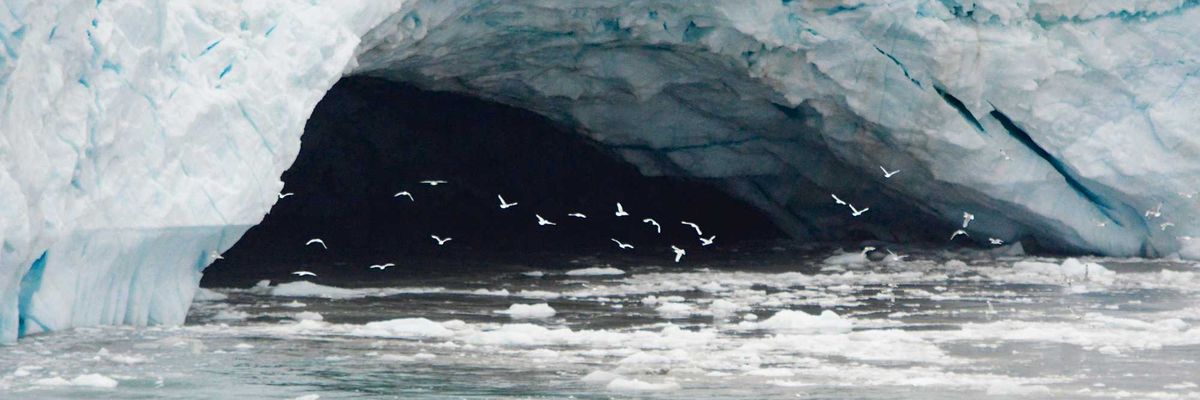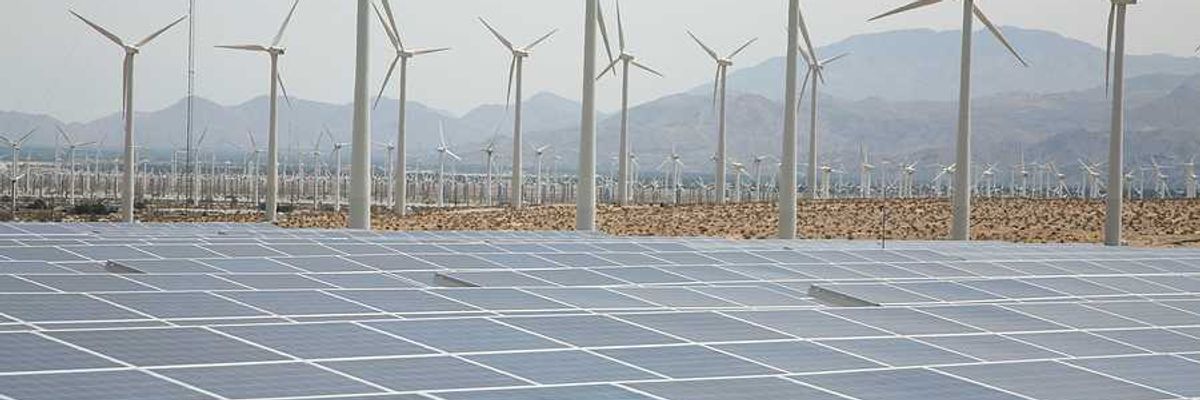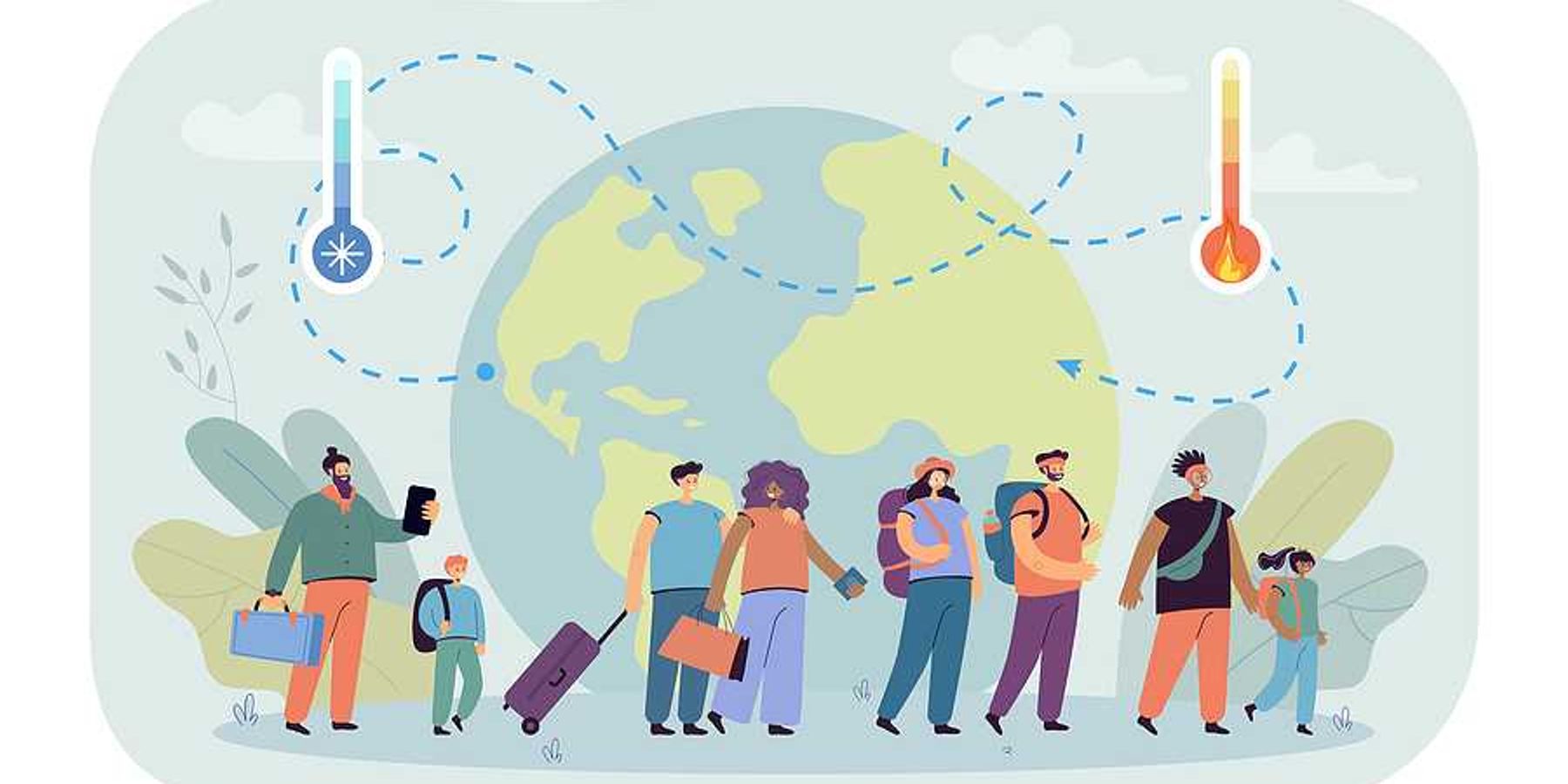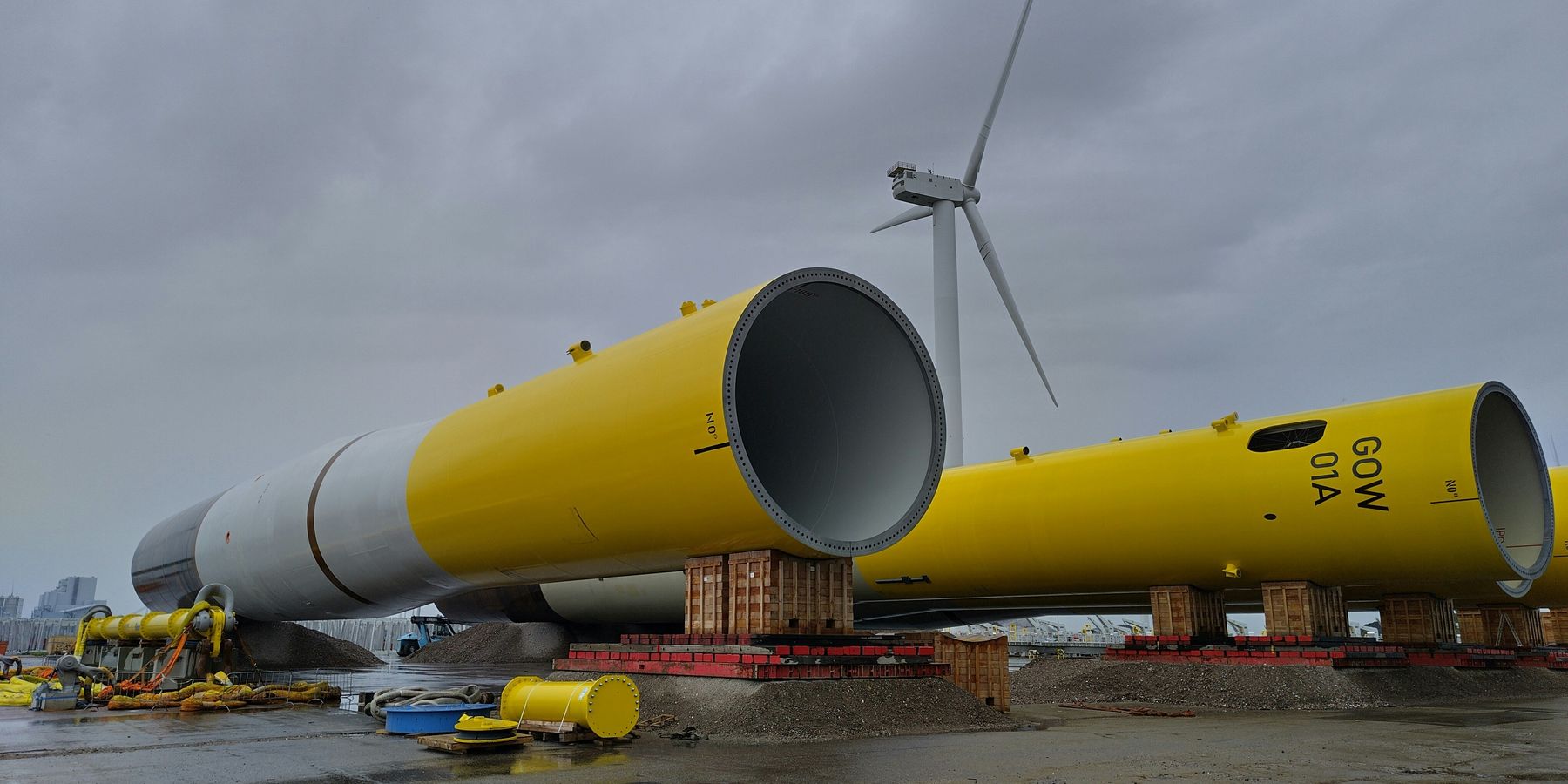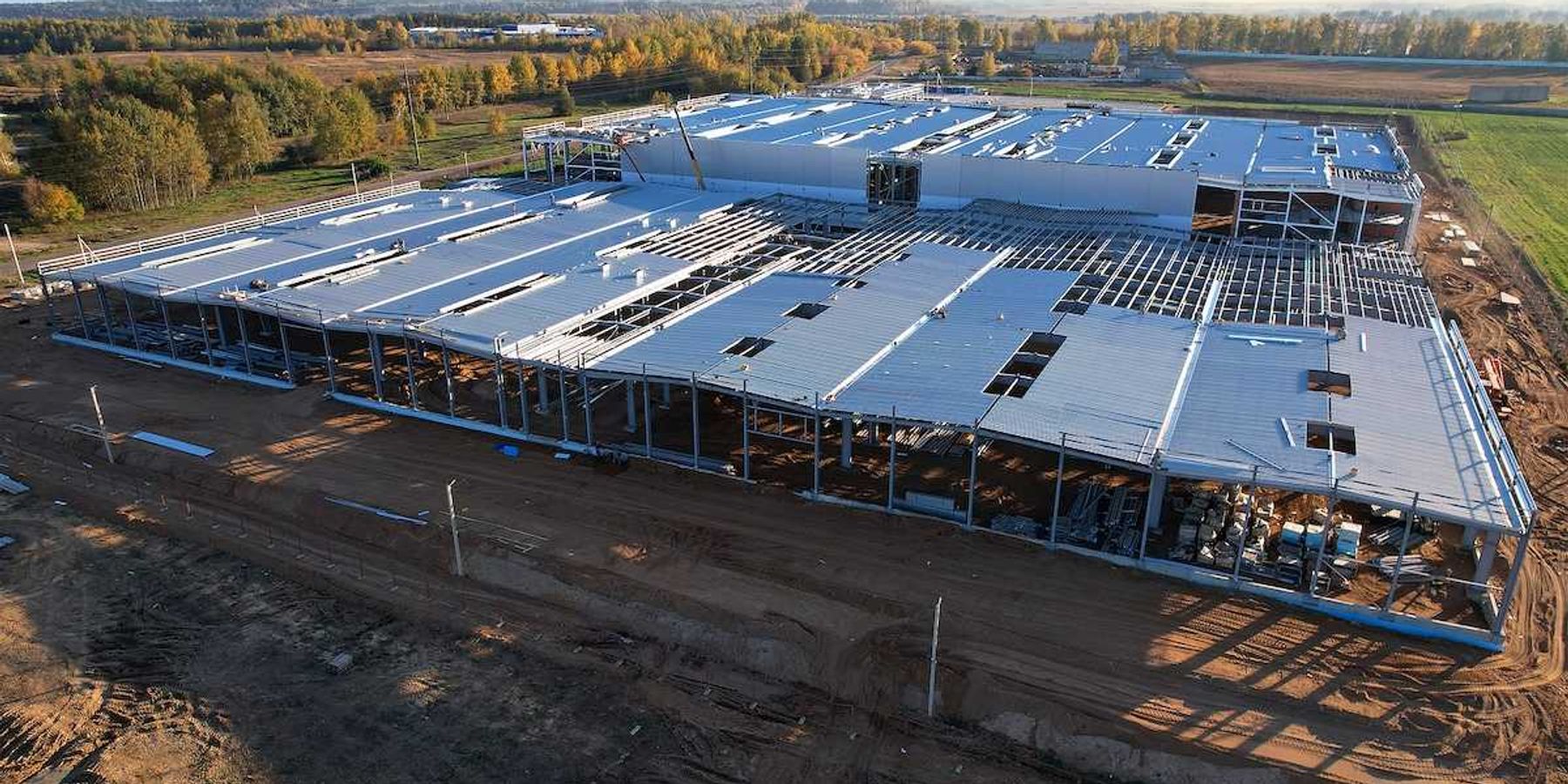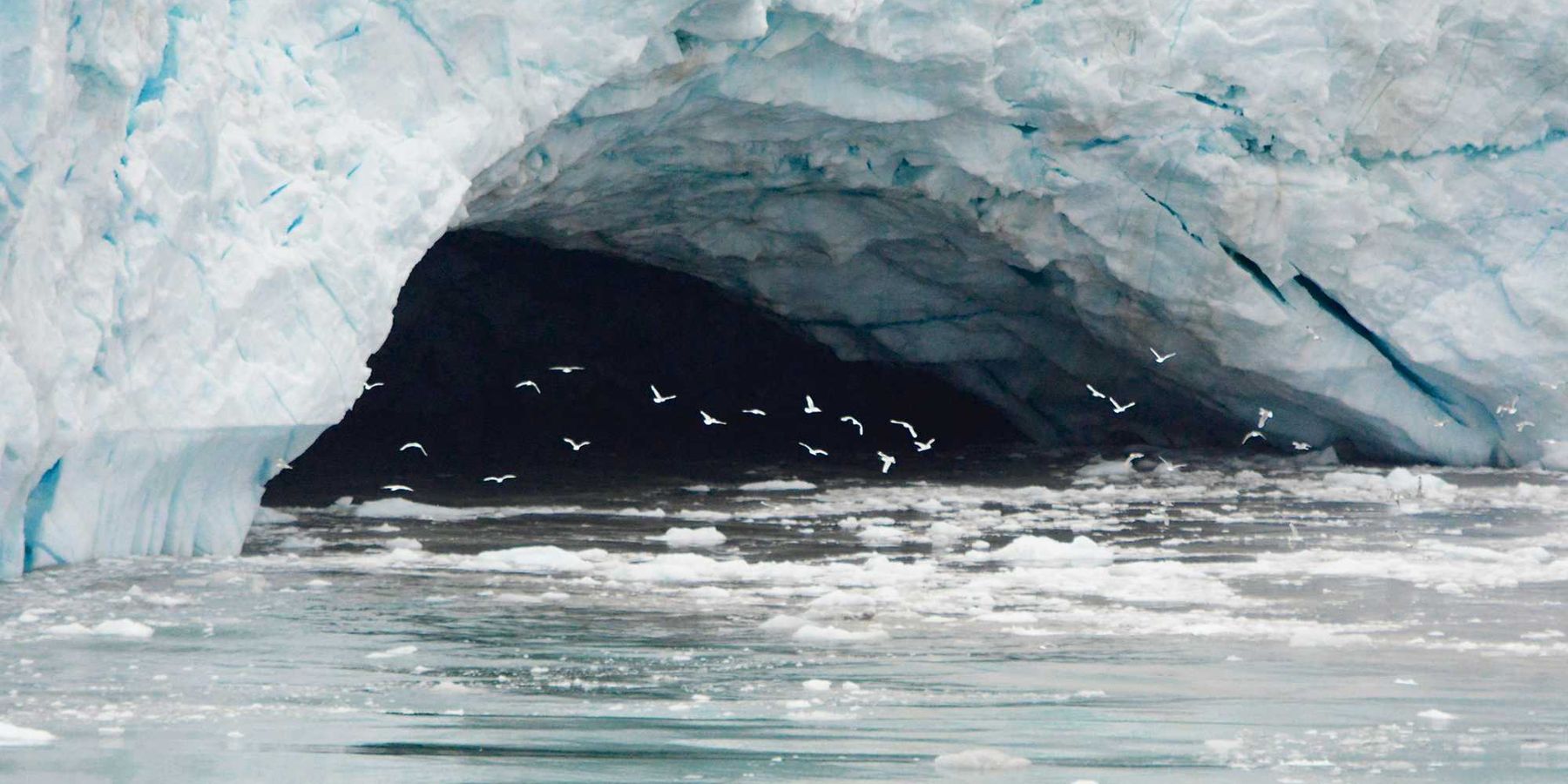oxygen
Exploring the potential of green hydrogen to rejuvenate oceanic dead zones
In an innovative approach to tackling oceanic dead zones, Douglas Wallace contemplates using the oxygen by-product from green hydrogen production to revive these lifeless marine areas.
In short:
- Douglas Wallace's research explores using surplus oxygen from hydrogen production to address the low-oxygen zones threatening marine diversity.
- The proposed World Energy GH2 project in Stephenville could produce sufficient oxygen to mitigate the Gulf of St. Lawrence's dead zone.
- The feasibility of this oxygenation plan hinges on overcoming significant engineering and environmental challenges, alongside the uncertain future of hydrogen fuel markets.
Key quote:
“About 15 percent of the deeper parts of the Gulf of St. Lawrence are getting close to the threshold where a lot of marine animals will struggle to live.”
— Douglas Wallace, oceanographer at Dalhousie University
Why this matters:
During the electrolysis process used to create green hydrogen, oxygen is produced as a by-product. Instead of letting this precious oxygen go to waste, researchers and environmentalists are exploring innovative ways to harness it to breathe new life into depleted marine ecosystems.
Oxygen depletion, pollution in Marmara Sea spell future crisis
Oxygen depletion and rising pollution along the global climate change effects pose a threat to the future of sustaining healthy marine life in the strategically significant inland Marmara Sea, experts warn.
As ocean oxygen levels dip, fish face an uncertain future
Global warming not only increases ocean temperatures, it triggers a cascade of effects that are stripping the seas of oxygen. Fish are already moving to new waters in search of oxygen, and scientists are warning of the long-term threat to fish species and marine ecosystems.
Dangerous algal blooms crop up across California killing thousands of fish
Toxic algae that can make people sick have been found in popular swimming and fishing spots all around California.
Due to climate change, ocean habitats could be remarkably different by 2060
A new study projects how climate change will affect the oceans, and protected areas in particular. The scientists used a series of different warming scenarios to determine how climate change might alter the oceans.
Global warming driving oxygen losses in Earth's freshwater lakes
Climate crisis is suffocating the world’s lakes, study finds
The climate crisis is causing a widespread fall in oxygen levels in lakes across the world, suffocating wildlife and threatening drinking water supplies.

